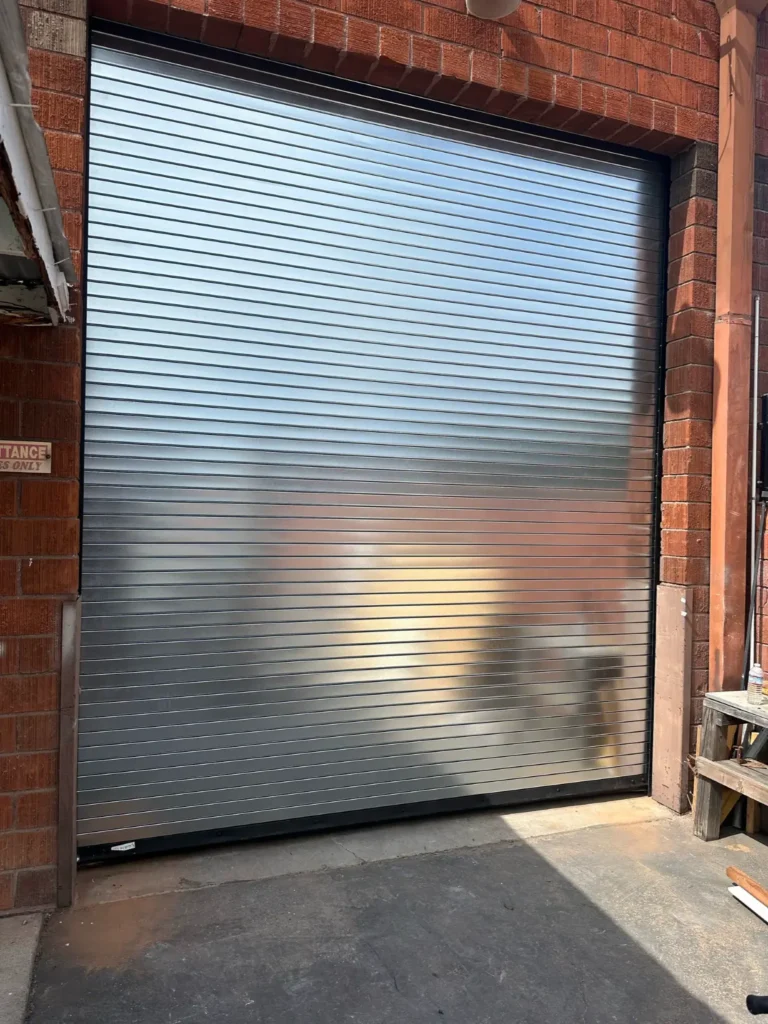Looking for a new entrance for your car’s home? You’re not alone! The various types of garage doors can make your head spin when shopping. With so many options on the market today, finding the perfect match for your home feels overwhelming. Let’s explore the most popular types of garage doors to help you make the best choice for your needs and budget.
Popular Types of Garage Doors for Residential Garages
When shopping for a new entry system, you’ll discover several main types of garage doors. Each option comes with unique benefits depending on your specific needs and home design. The material, style, and opening mechanism all affect which one works best for your situation.
Your choice impacts not just your home’s appearance, but also insulation value, maintenance needs, and overall cost. Climate matters too – certain types of garage doors perform better in extreme weather. Think about your available space and how often you’ll use your car storage area when deciding.
Here are the main options you’ll likely encounter:
- Sectional models (most common in America)
- Roll-up designs (great for limited headroom)
- Canopy styles (traditional option)
- Side-hinged varieties (swing open like regular doors)
- Sliding systems (move horizontally along a track)
Sectional Garage Door: The Most Common Choice
Sectional models dominate the American market today, and for good reason. These popular types of garage doors consist of panels connected with hinges that roll along tracks into the ceiling. When open, they sit parallel to the ceiling, saving valuable driveway space.
These versatile types of garage doors come in countless designs, colors, and materials. Steel remains the most popular choice, but you’ll also find wood, aluminum, fiberglass, and vinyl options. Many homeowners love that these systems can include windows for natural light and match almost any home style.
Another big advantage? Excellent insulation options. Many modern sectional systems offer high R-values, helping maintain comfortable temperatures in attached storage areas while reducing energy costs. They also typically include weather stripping along the bottom to keep out the elements.
Sliding and Side-Hinged Garage Door Types
Side-hinged systems operate just like traditional doors – they’re attached to the jamb with hinges and swing outward. This old-school design among types of garage doors is making a comeback, especially in carriage-house style homes. They provide full access without any ceiling tracks or hardware.
Sliding options move horizontally along a track, similar to a barn door. These work particularly well for openings with limited headroom. They don’t stick out when operating, making them perfect for homes with short driveways.
Both these alternatives offer unique charm and character. Many homeowners choose these styles for their distinctive appearance and simple operation. While less common than sectional models, they provide excellent solutions for specific architectural styles and space limitations.
Conclusion: Choosing the Right Garage Door for Your Home
The best types of garage doors for your home depend on your specific needs, budget, and space constraints. Consider factors like local weather, usage frequency, and what style matches your home’s architecture. Don’t forget about insulation if your car storage connects to living spaces.
Remember that this purchase is both functional and aesthetic – it represents up to 30% of your home’s street-facing appearance! Take time to explore different materials, colors, and design options before deciding. A quality system will boost your curb appeal while providing security and convenience for years to come.
FAQ About Garage Door Styles
Why should I get a new entrance system?
Replacing your old entry panel boosts curb appeal, improves home security, and increases property value. Modern options offer better insulation, reducing energy bills. They operate more quietly and need less maintenance. Plus, newer models include smart features for remote access and monitoring.
What are some traditional entry panel sizes?
Standard residential dimensions typically include 8’x7′ for single-car homes and 16’x7′ for double-car structures. Other common measurements include 9’x7′, 10’x7′, and 18’x7′. Custom sizes are available for unique openings, though they’ll cost more than standard measurements.
Does any automatic opener work for any size?
No, not all openers are compatible with every panel size. Heavier or larger entries require motors with higher horsepower ratings. Standard residential openers come in 1/2 HP or 3/4 HP, while commercial or oversized panels need 1+ HP models for proper function.

